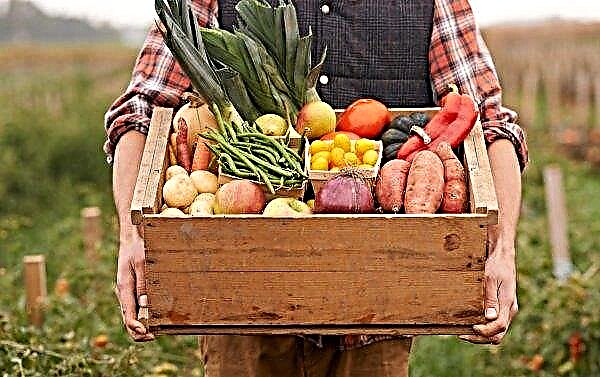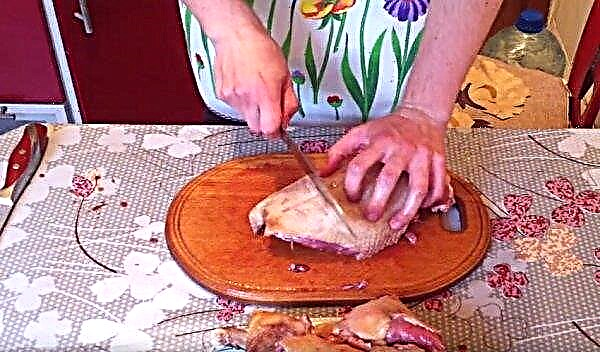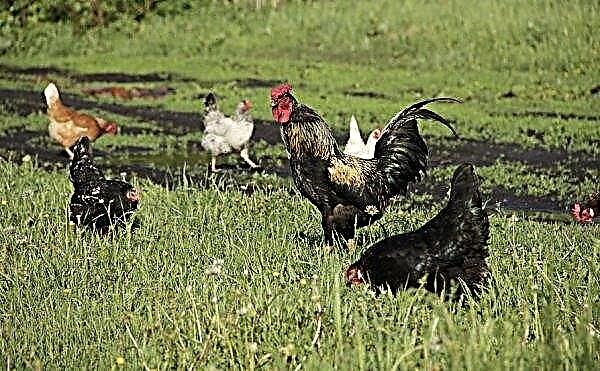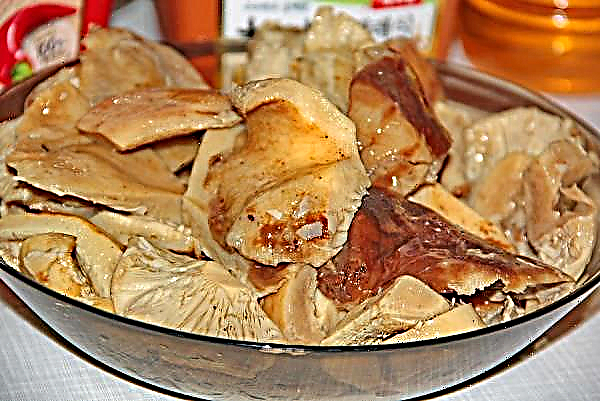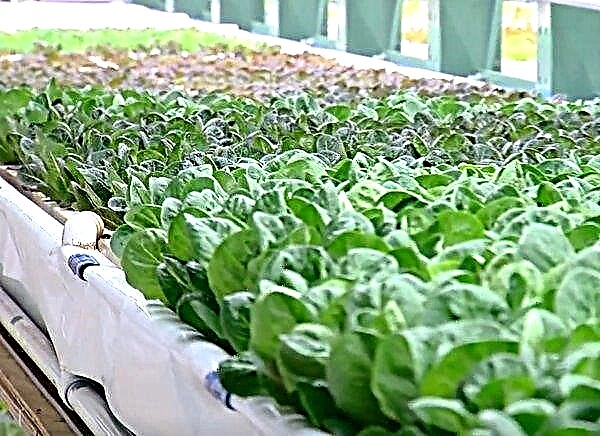Because the climate is changing faster than most crops can adapt, and food security is in jeopardy around the world, scientists have found hope in the live potato museum in Peru.
The Potato Park in Cuzco is a 90-square-meter space located at an altitude of 3.4 to 4.9 thousand. According to him, Alejandro Argumedo, founder of Asociación Andes, a non-governmental organization that supports the park, supports “one of the tallest in the world varieties of local potatoes in the world. "
Residents of the park conduct tests to find out how resistant the local varieties are to frost, degrees and bright sunlight, as well as to the Andean potato weevil, whose larvae feed on tubers underground.
Direct speech: “In laboratories, scientists are trying to solve this problem through gene transfer and genetic engineering, but peasants have been doing this work for thousands of years,” says Argumedo.
 According to estimates by the Food and Agriculture Organization of the United Nations, between 1900 and 2000, 75% of crop diversity was lost and by 2055, as much as 22% of the wild relatives of food crops would disappear due to climate change.
According to estimates by the Food and Agriculture Organization of the United Nations, between 1900 and 2000, 75% of crop diversity was lost and by 2055, as much as 22% of the wild relatives of food crops would disappear due to climate change.
The results of these experiments are in a seed bank at the place where each potato is stored in carefully coded paper bags, cooled by trenches filled with ice water, and illuminated by roof windows.
At the same time, the capital of Peru, Lima, the International Potato Center, known by the Spanish abbreviation CIP, stores more than 4.6 thousand types of potatoes, and it houses the world's largest gene bank in vitro.
CIP operates in Africa and Asia, where potatoes help fight hunger and generate income as a cash crop. It produces fast-ripening, bio-enriched potatoes that have improved productivity, especially in China, which is the world's largest producer, accounting for 22% of world potato production.
As soil degradation increases and crop sustainability becomes more important, the work done by potato keepers in a small park in Peru can play an important role in providing food to the rest of the world.
- Earlier, we reported that potato prices in Ukraine fell to the lowest level.
- We also wrote that in Indian Bengal a long rain destroyed almost the entire potato crop.
- Extreme weather conditions prevent British farmers from picking potatoes.


